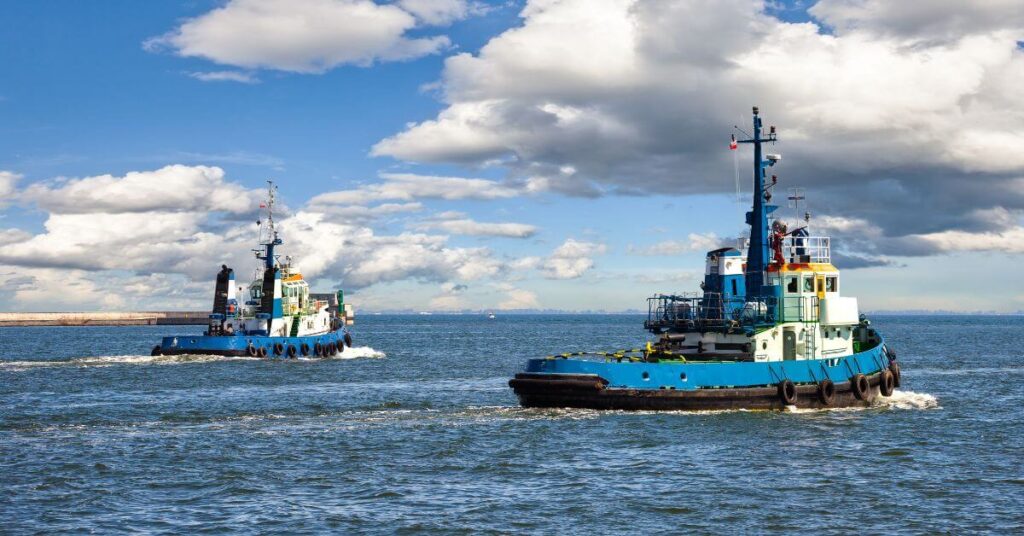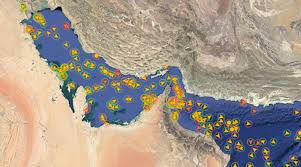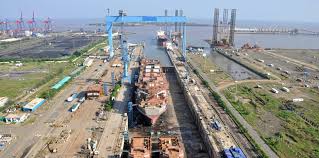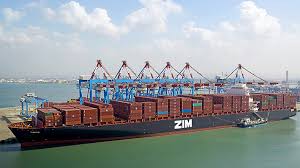India’s green tug plan encounters hurdles as private operators cite cost, tech concerns, and long payback periods.

The Ministry of Ports, Shipping, and Waterways’ ambitious Green Tug Transition Programme (GTTP) faces skepticism from private operators. The plan to replace diesel-powered tugs at state-owned ports with green tugs fueled by sustainable technologies is criticised for being economically unviable due to high costs, long payback periods, and evolving green technologies.
Under GTTP, the 12 major ports aim to achieve a fully green tug fleet by 2047, with the first phase requiring four ports to adopt battery-electric tugs by 2027. Operators argue that current electric tug costs are double those of conventional ones, with a 15-year payback period, making them financially unappealing. Concerns about battery lifespan, operational reliability, and rapid advancements in alternate fuels like hydrogen and methanol add to hesitations.
Industry experts emphasise that clear policies and equitable government support are essential to ensure the program’s success without risking operational efficiency at ports.











